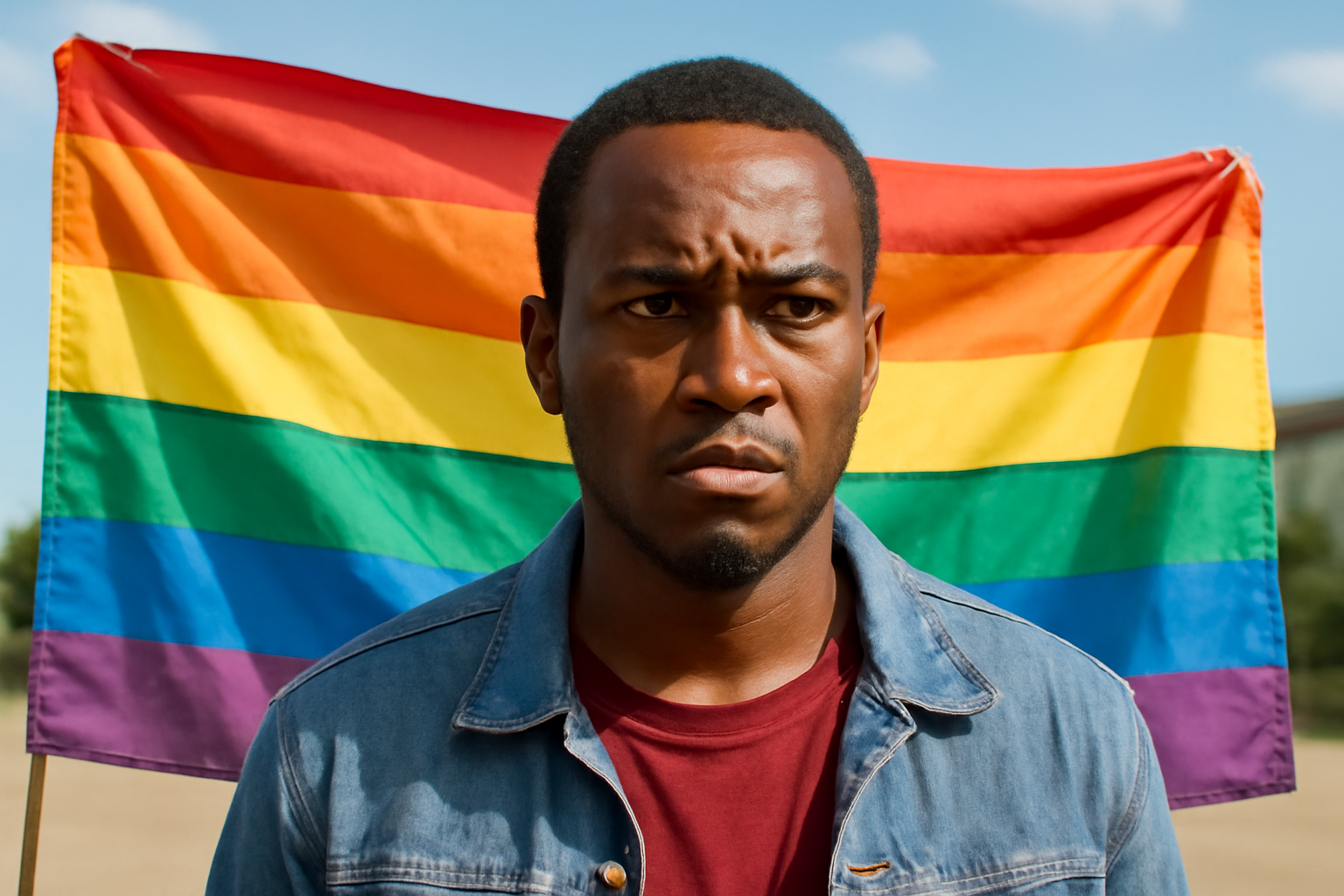
Advocacy Groups Condemn Postponement
In Kenya, LGBTQ+ advocacy groups and queer individuals are expressing their growing frustration and disappointment over the indefinite postponement of a crucial court decision. This decision is pivotal in determining whether consensual same-sex sexual relations will be legalized in the country. Originally, the case was set to be reviewed by the Court of Appeal on February 5th, 2023, but unexpected developments have led to its delay.
The case, which has been a beacon of hope for the LGBTQ+ community since it was first filed in 2015, aims to challenge and potentially overturn Sections 162 and 165 of Kenya’s penal code. These colonial-era laws currently criminalize "carnal knowledge against the order of nature" and "indecent acts between males," imposing severe penalties of up to 14 years in prison.
Judicial Changes and Procedural Concerns
The initial panel of judges assigned to hear this landmark case included Fred Ochieng, Aggrey Muchelule, and Joel Ngugi. However, the unexpected withdrawal of Judge Ochieng, citing personal reasons, has necessitated a reconstitution of the bench. Additionally, procedural concerns raised by the respondents, claiming they were not served properly, have further complicated proceedings.
The remaining judges, Muchelule and Ngugi, have instructed that the respondents be properly served and have requested the President of the Court of Appeal, Daniel Musinga, to appoint a full bench for a new hearing date. This move, however, has not been well-received by LGBTQ+ rights organizations and advocates, who view it as a tactic to further delay justice.
Continued Advocacy and Call for Justice
The plaintiffs in the case include the National Gay and Lesbian Human Rights Commission (NGLHRC), Center for Minority Rights and Strategic Litigation (CMRSL), and GALCK+, a coalition of 16 queer rights organizations. These groups remain undeterred in their quest for equality and justice.
GALCK+ has been vocal in its criticism, describing the new developments as a strategy to postpone justice further after nearly six years of waiting. "This battle is far from over," they stated firmly. "We are committed to striking down these colonial-era laws that infringe on the human rights of LGBTQ+ Kenyans. Our demand for dignity, equality, and justice will not wane."
Legal and Human Rights Implications
The case holds significant implications for LGBTQ+ rights in Kenya. The plaintiffs argue that the criminalization of consensual same-sex relations is unconstitutional. They highlight that the Kenyan constitution prohibits discrimination on various grounds, including sex. However, the court's previous ruling in May 2019 upheld the laws, citing them as consistent with constitutional provisions protecting the family unit, defined as male-female relationships.
Despite assurances from Judges Muchelule and Ngugi that the appeal will be prioritized, GALCK+ has expressed frustration with the delays. "This is about our lives, our rights, and our freedom," GALCK+ affirmed. "We will not stop fighting until love is no longer criminalized. We will continue to monitor the case closely and stand in solidarity with the queer community."
NGLHRC echoed these sentiments, emphasizing that the abolition of "outdated, discriminatory anti-homosexuality laws" is critical for upholding fundamental human rights and dignity for all individuals, irrespective of their sexual orientation or gender identity.
Impact on the LGBTQ+ Community
Meanwhile, the CMRSL has highlighted ongoing challenges faced by LGBTQ+ individuals in Kenya due to these punitive laws. The organization notes that the penal code sections in question are frequently used by authorities to target and harass individuals based on their gender identity and sexual orientation, perpetuating discrimination and marginalization.
CMRSL Legal Manager, Michael Kioko, has pointed out the severe human rights violations resulting from these laws, including invasive practices like forced genital examinations and HIV testing of accused individuals. "Such practices violate constitutionally and internationally guaranteed rights, including privacy, dignity, and protection from inhuman treatment," Kioko asserted.
As the LGBTQ+ community in Kenya continues to await a new hearing date, advocacy groups are determined to maintain pressure on the judiciary and ensure that the quest for justice remains in the spotlight. Their steadfast commitment to advocacy, legal challenge, and community support serves as a powerful reminder of the ongoing fight for equality and human rights.
Through resilience and collaboration, the movement to decriminalize same-sex relations in Kenya perseveres, aiming for a future where love and identity are not criminalized.
Related Posts
Triumphant Trans Woman Wins Legal Battle and Inspires Others to Stand Up for Their Rights
Breaking new ground: a landmark victory in transgender rights After battling in courtrooms and enduring endless challenges, Diana Portillo, a transgender woman, has secured a monumental victory in her decade-long fight against workplace discrimination. The result? Nearly $1 million awarded in a historic settlement. But this isn't just a win on paper—it represents a powerful precedent in combati [...]
Pride Month in Latin America: Protests and Demands for Equality
**Celebrating Pride and advocating LGBTQ+ rights in Latin America** Pride Month in Latin America was a lively mix where celebration met activism. Communities united, not just throwing a party but making a stand—demanding equality and pushing governments toward better protection and rights recognition. Throughout Latin America, pride events erupted in marches and cultural displays, each with a c [...]
Transgender Erasure Actions Implemented by National Park Service
```html Trump administration's impact on national park service and transgender recognition The Trump administration made notable moves in undermining transgender representation, which included directing agencies like National Park Service not include "T" and "Q" when they refered “LGBTQ” in any official communication. This move seems part a broader plan by this administration aimed at reducin [...]